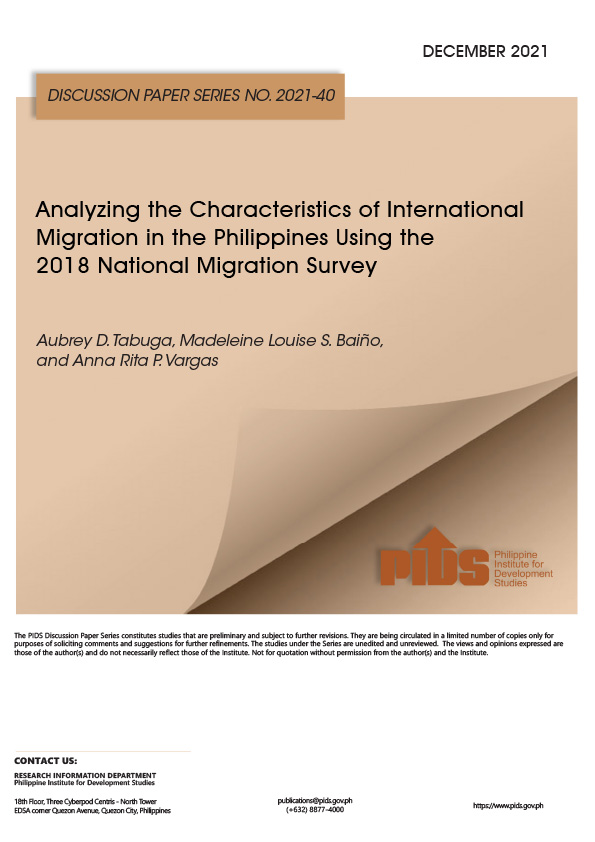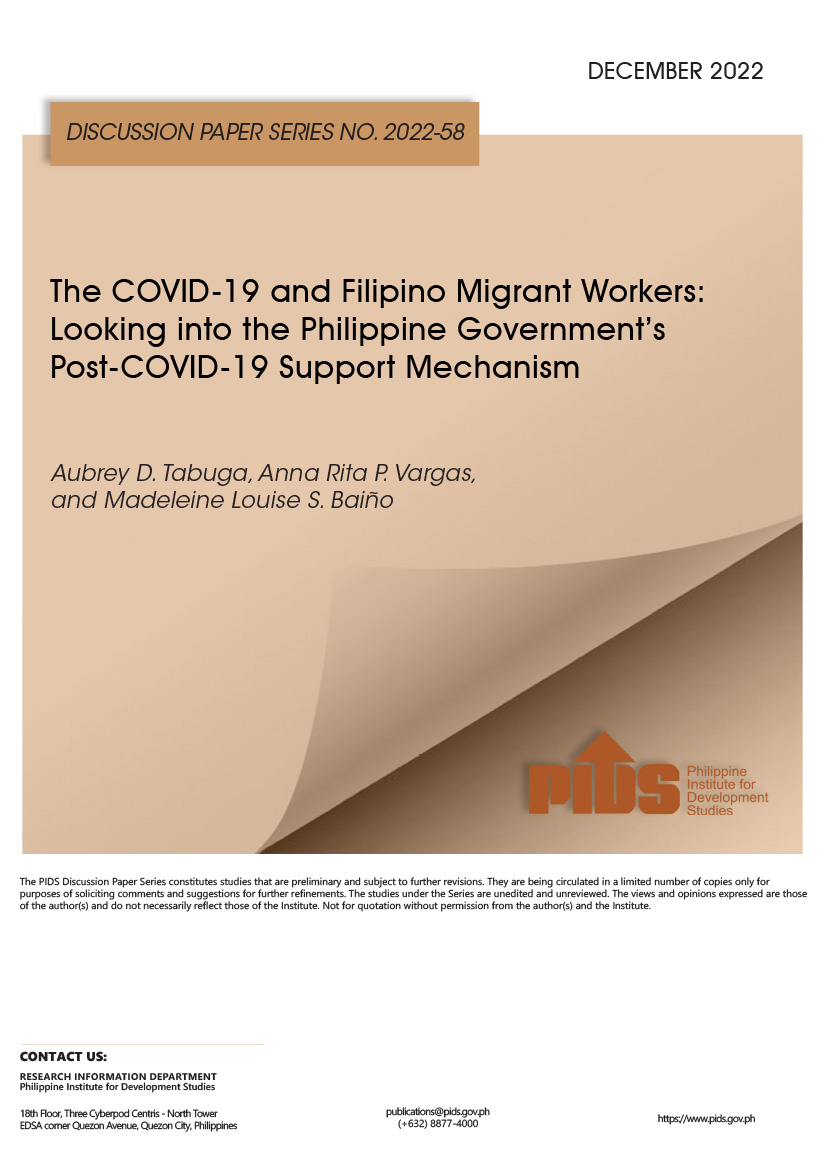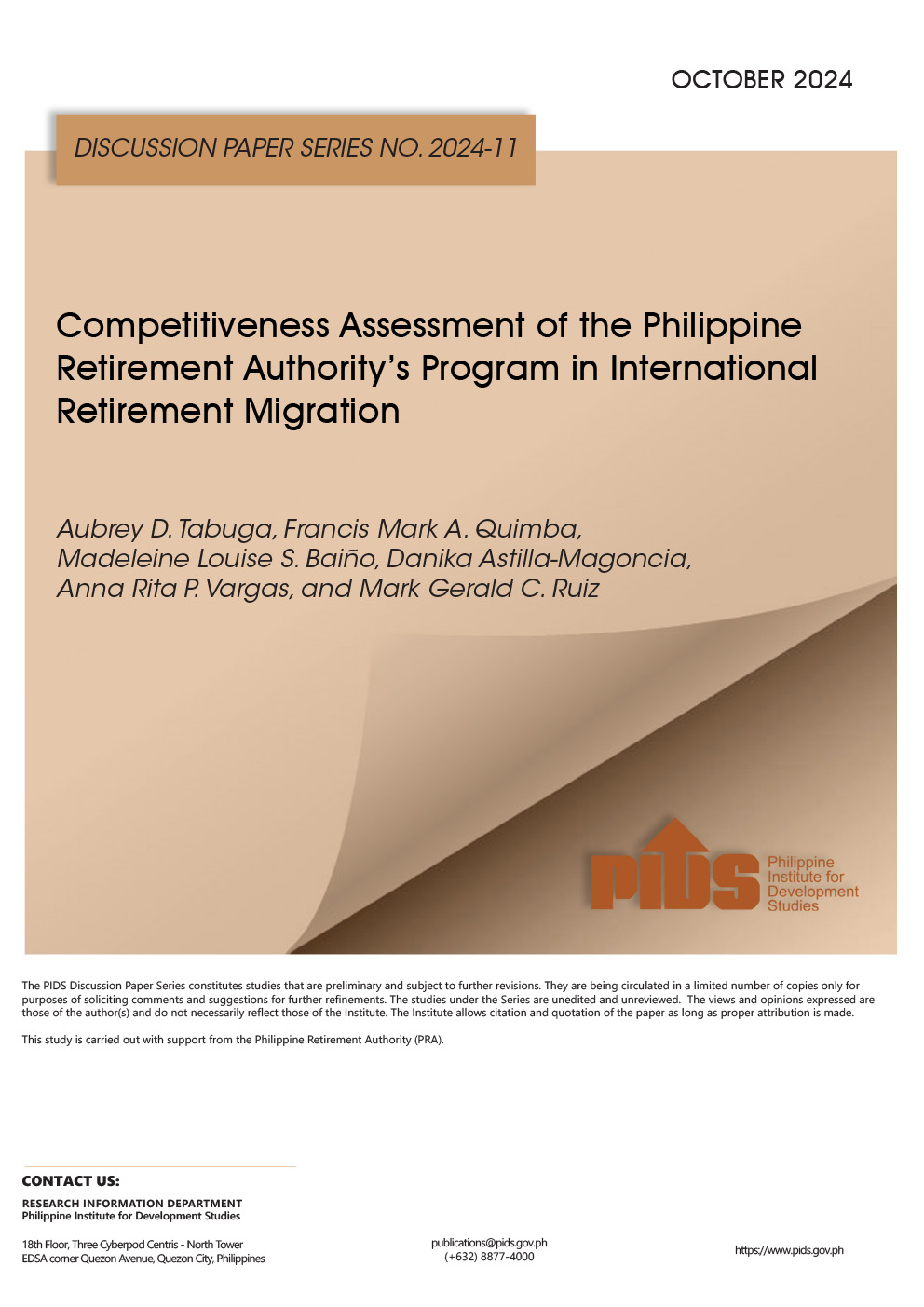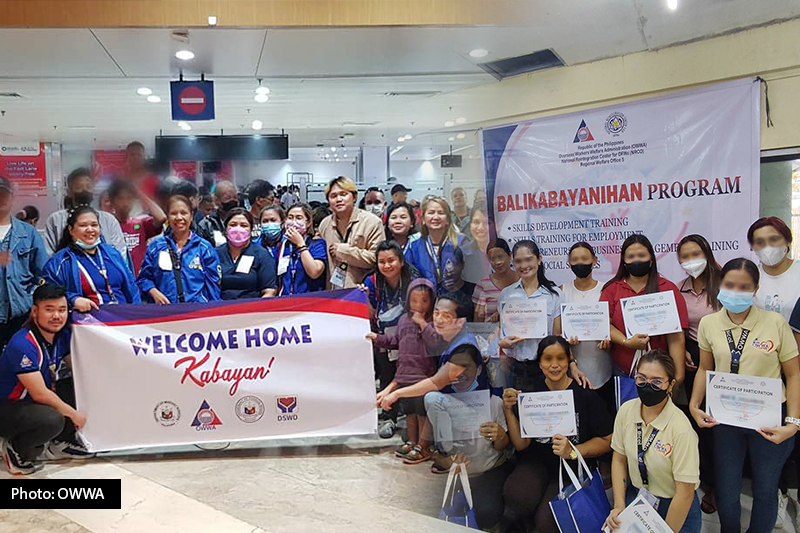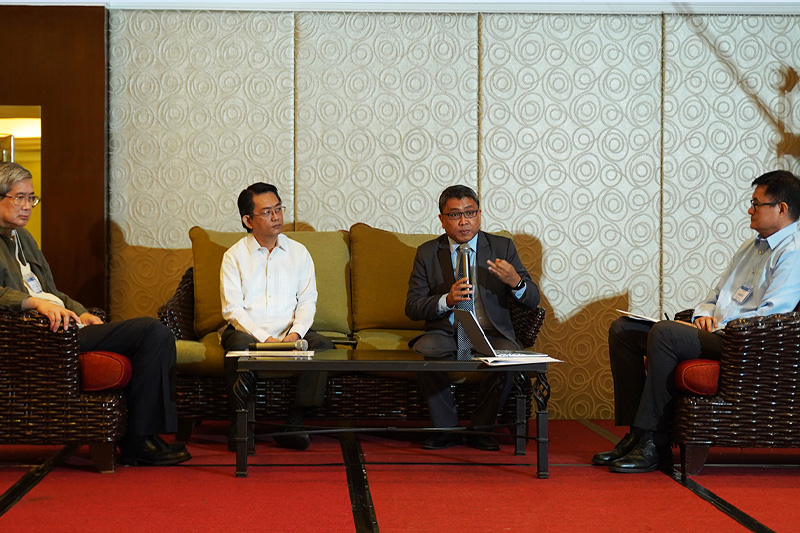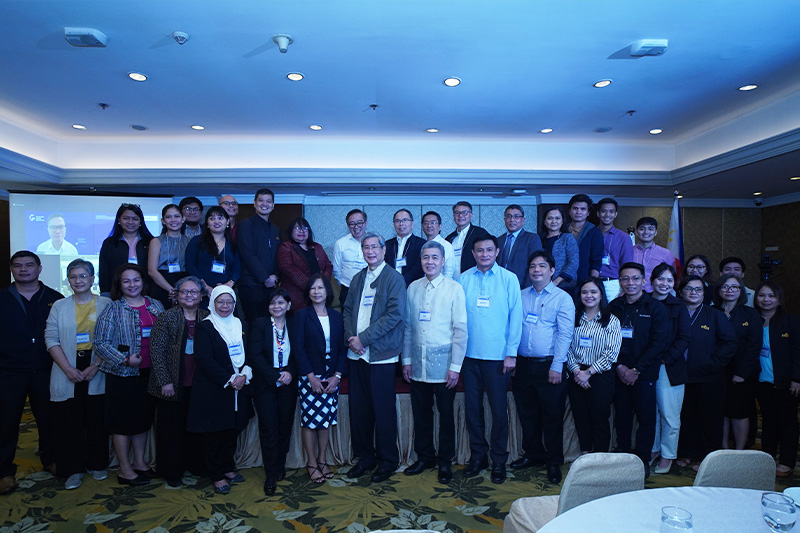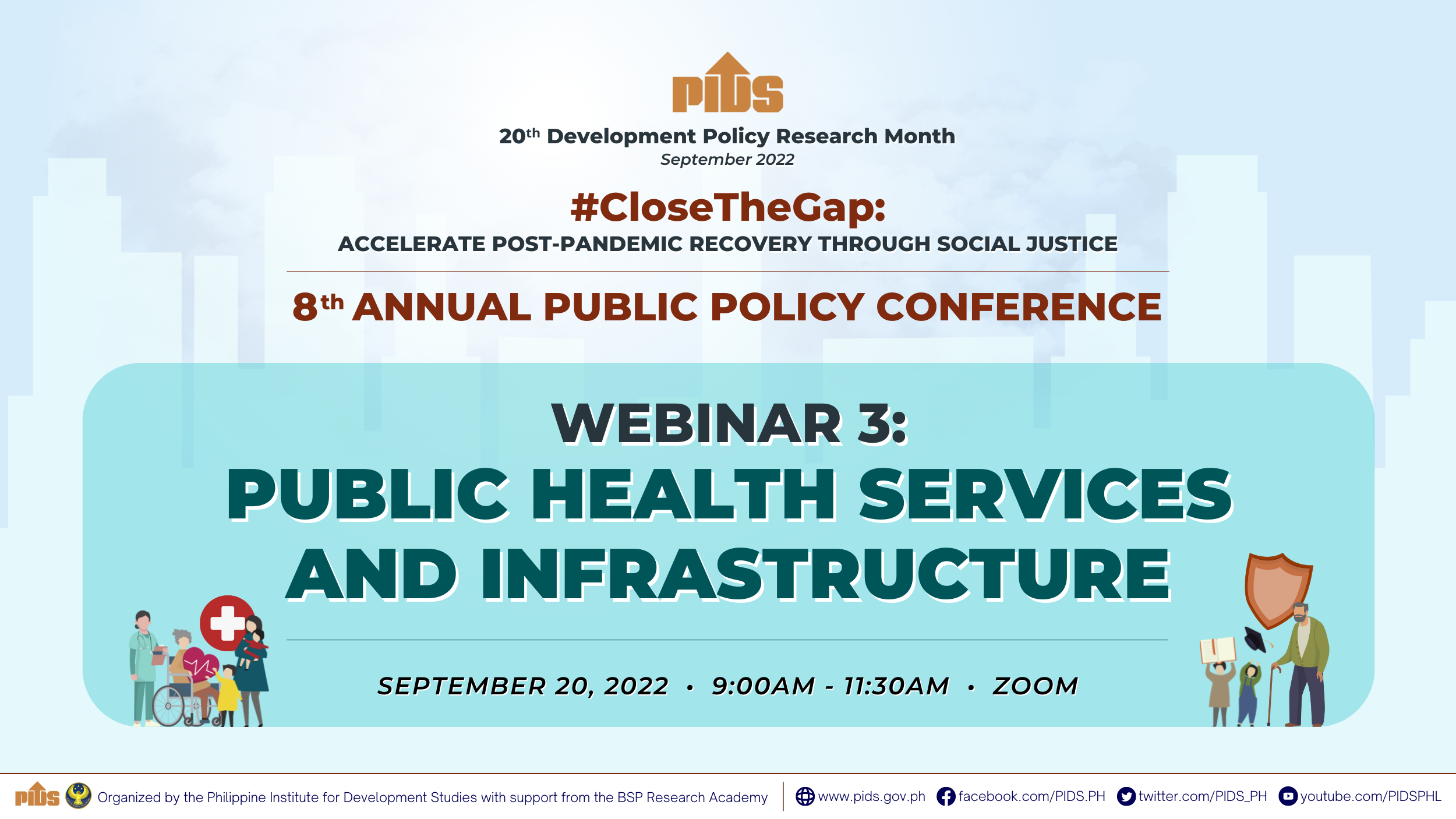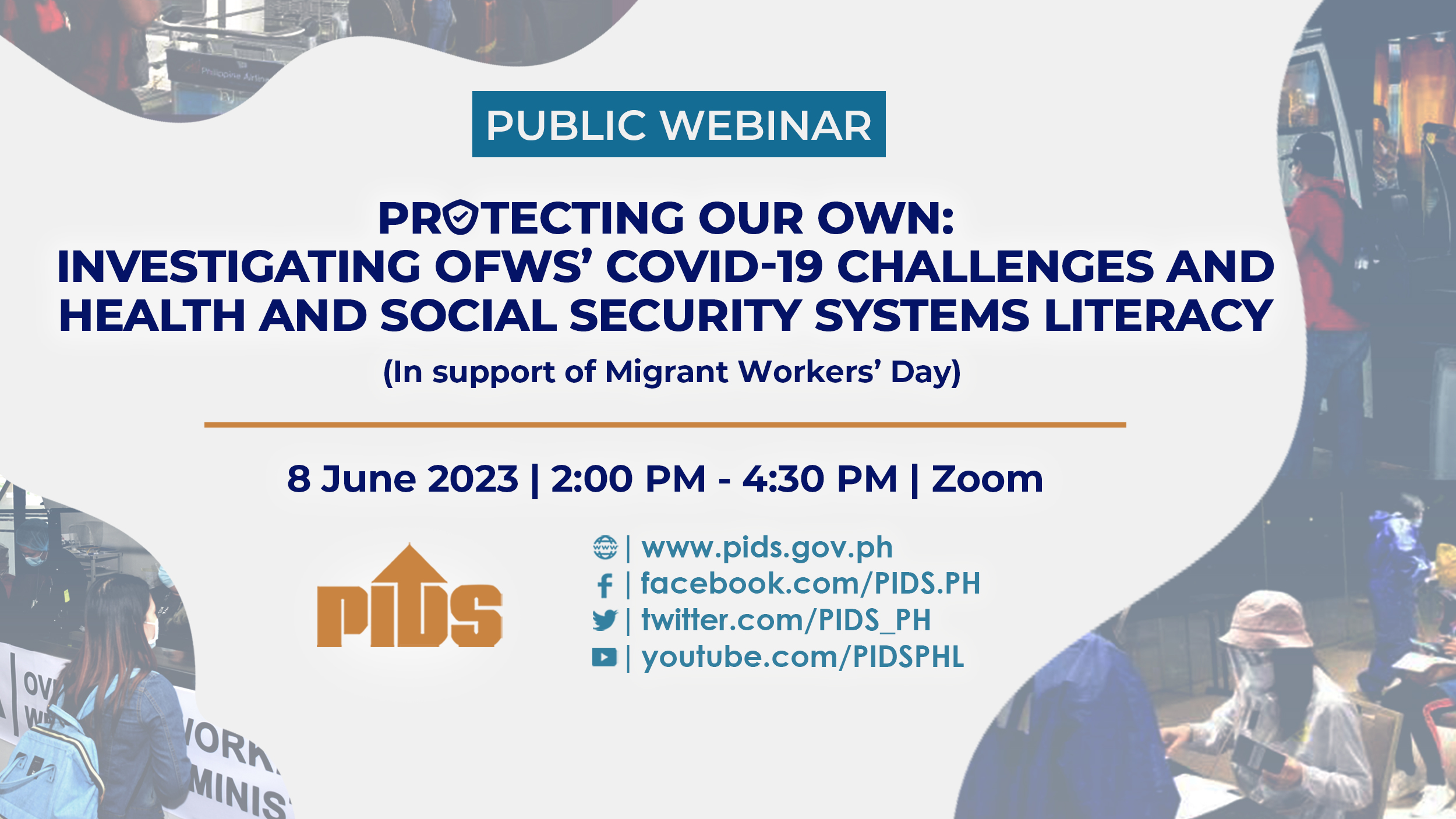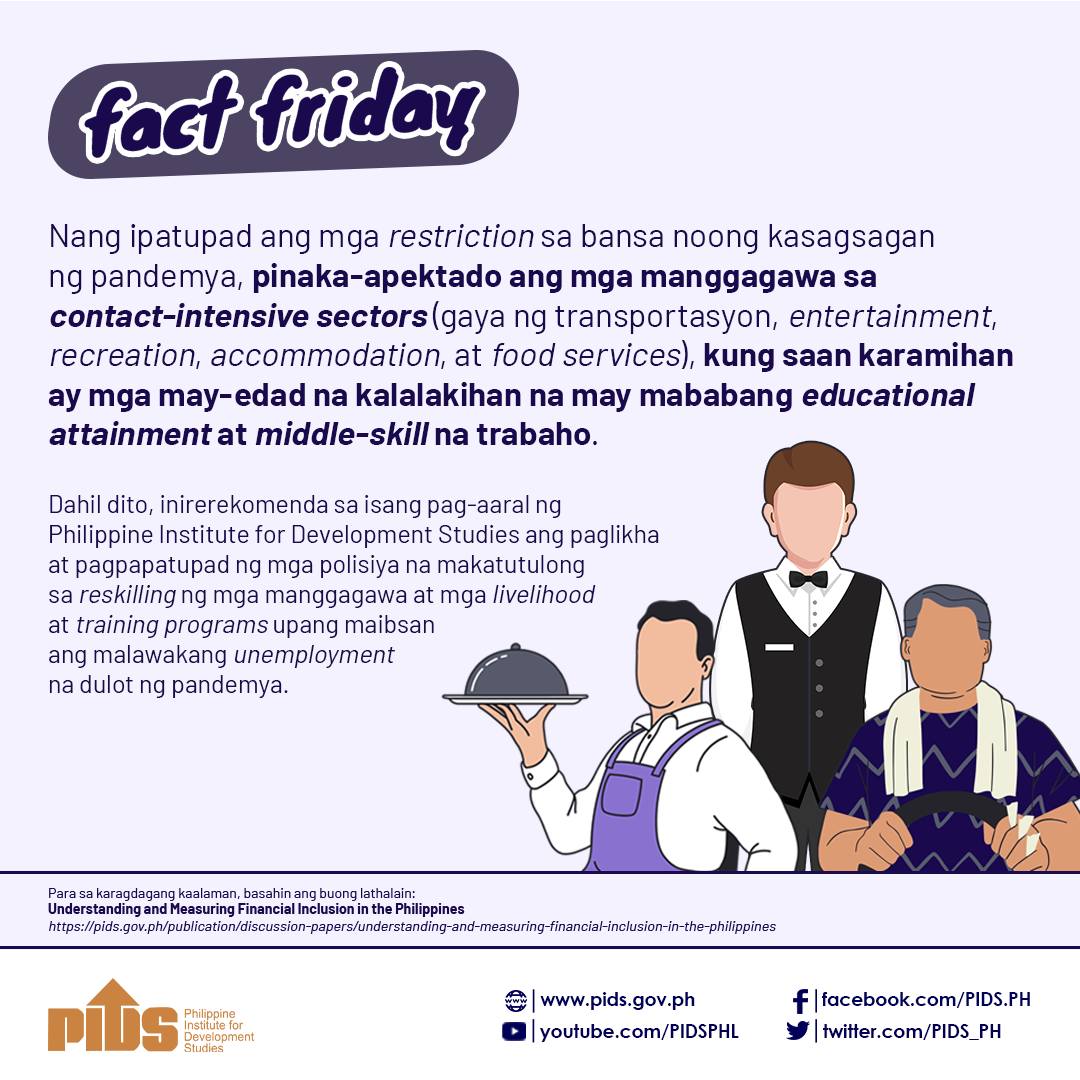As the Philippines’ COVID-19 response continues to falter, a worse situation awaits Overseas Filipino Workers (OFWs) as job losses abroad remain widespread. In response, the government laid out their plans to better address the growing needs of Filipinos abroad, which includes the creation of the Department of Overseas Filipino (DOFIL) and the much-awaited construction of the first-ever OFW Hospital. However, these decisions received divided opinion from both lawmakers and the general public as they argued that it is high time to stop Filipinos from working abroad.
OFW remittances’ resiliency
Last February 11, the government reported a 9.5-percent contraction of the economy, the highest since the end of World War II nearly 75 years ago. Even with nearly half a million OFWs forced to return home after losing their jobs to COVID-19, reports showed that they still managed to send home much-needed funds.
The Bangko Sentral ng Pilipinas (BSP) Governor Benjamin Diokno, on Feb. 15, praised OFWs as he revealed that personal remittances slipped only by 0.8 percent. Even though it concluded the 19-consecutive years of the growth of OFW remittances, it was lower than the earlier forecasted contraction at two percent.
Furthermore, Diokno stated that OFWs’ personal remittances still accounted for 9.2 percent of the country’s gross domestic product (GDP) and 8.5 percent of gross national income (GNI).
With vaccines now made available to the public, the BSP predicts that OFW remittances will bounce back this year with as much four percent growth.
Divided support for DOFIL
President Rodrigo Duterte remains steadfast in his position that the country needs a department to properly address the concerns of Filipinos overseas. Among the responsibilities of DOFIL, as stated in
Senate Bill №1949 or the “Department of Overseas Filipinos Bill,” is to work alongside the Philippine Overseas Employment Administration (POEA) and the Overseas Workers Welfare Administration (OWWA) as attached agencies. During the Senate hearing on Monday, February 15, the Department of Budget and Management (DBM) stated that at least P1.109 billion is needed to fund the creation of the said department.
Both the Department of Labor and Employment (DOLE) and the Department of Foreign Affairs (DFA) expressed support for the creation of a DOFIL as they cited the present shortcomings of the POEA. According to Labor Secretary Silvestre Bello III, at most, the POEA can cancel the licenses of known illegal recruiters but after this illegal operations continue. DOFIL, on the other hand, is expected to solve the issues related to the five Rs — red tape, regulation, recruitment, repatriation and reintegration.
Bello further reiterated the need for DOFIL as he revealed that there is a low rate of convictions for illegal recruiters of OFWs. From 2016 to 2020, there were only 25 convictions of illegal recruiters.
While it gained senate and executive allies, many lawmakers still questioned its necessity in fears of the department giving “false hope.” They also pointed out that there are already existing consuls and representatives abroad. .Since members of the DOFIL will be designated as attachés, it may only cause more confusion on authority.
In earlier Senate hearings, other lawmakers also expressed their concern that creation of new bureaucracies may only bloat and slow down the government’s work. Instead, Senate President Vicente Sotto III and Senate Minority Leader Franklin Drilon pushed for the rightsizing and streamlining of different government agencies.
OFW Hospital’s construction
The first-ever hospital devoted to OFWs will soon rise in a two-hectare lot at the Provincial Engineering Office Compound in Barangay Sindalan, City of San Fernando. The construction of the said hospital, which costs around P400 million, was shouldered by the Bloomberry Cultural Foundation, while the acquisition and installation of equipment and facilities for the hospital, which costs P200 million, was donated by the Philippine Amusement and Gaming Corporation.
The hospital will have a 200-bed capacity and a diagnostic center. It will also provide free medical services to OFWs, such as securing medical certificates, covering laboratory exams, and other requirements for their overseas deployment.
Bello remains confident that the hospital, which was initially expected to be finished by May 2021, will be completed before the end of 2021.
What OFWs really need
Even with the government’s plan of action to support OFWs, Sen. Sherwin Gatchalian, one of the supporters of the creation of DOFIL, admitted that the main goal of the government should still be bringing migrant workers back to the Philippines to contribute to nation building.
“This proposal, in effect, signals to our countrymen that it is okay to go abroad because there is now a department that will handle all your problems. Isn’t this contradictory to our goal of creating more jobs domestically?” Gatchalian asked.
In one of Philippine Institute for Development Studies’ (PIDS) conferences held last September, former Socioeconomic Planning Secretary Gerardo Sicat reaffirmed that the Philippine economy may benefit more if OFWs remain in the country after the pandemic.
“They don’t have to go abroad to feed their families at home because if they are here, they would really be able to contribute towards the stabilization of a productive home base which supports domestic needs but also the needs of the world as we are able to raise our capacities towards that,” Sicat explained.
Sicat said that over the years, the Philippine government failed to develop local industries which resulted in the isolation of the domestic economy from the more efficient export-oriented economy of the world.
Moreover, labor groups continue to call on the government to ensure job security, end contractualization, and improve labor conditions for all Filipinos.
Amidst OFWs’ worsening plight, gov’t eyes to streamline services for OFWs

